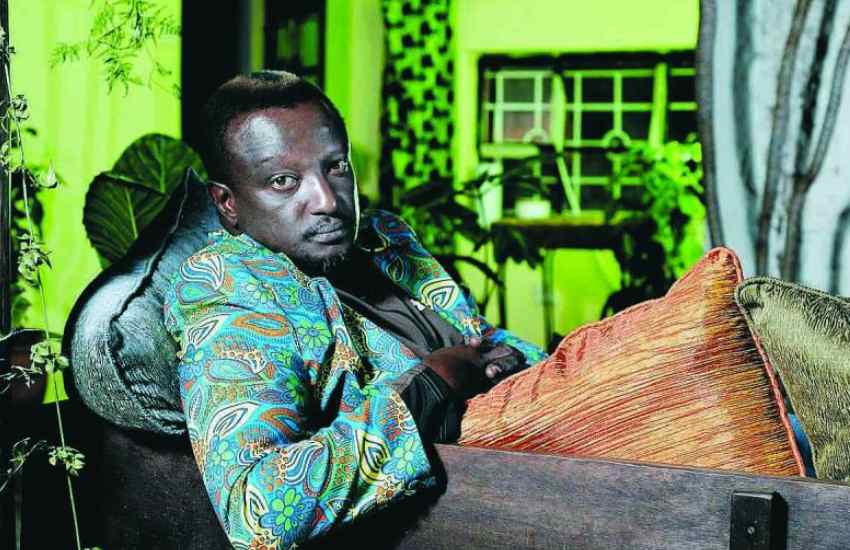×
The Standard e-Paper
Stay Informed, Even Offline

Wednesday, May 22, 2019, I was coming out of the University of Nairobi library when I got that dreadful, dreaded call. The call that, like lightning let out of a bottle where it’s been bottled for long, you’ve been expecting – but that strikes you no less sad for all the trepidation.
“Your friend Binyavanga Wainaina passed away last night, of stroke, at Aga Khan hospital,” The Standard Editor Nicholas Asego said in his usual dry matter-of-fact voice.